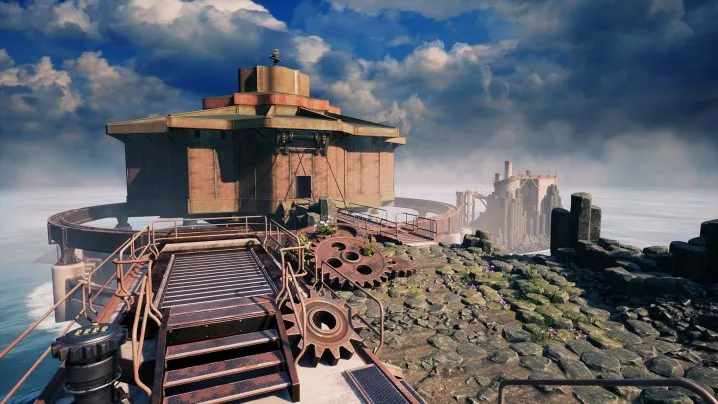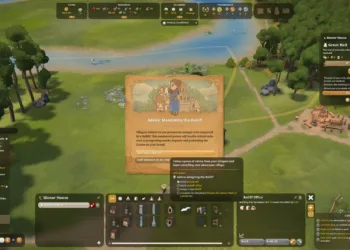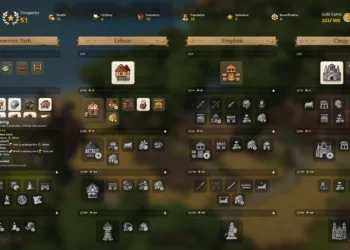Today, the Video Game History Foundation unveiled its digital archive, now accessible for early browsing. This extensive resource features magazines, catalogs, exclusive behind-the-scenes content, and so much more, all available at no cost. The VGHF has compiled over 1,500 searchable video game magazines that are no longer in print, alongside industry trade publications that seldom reach the general audience.
A notable highlight of this archival trove is what the VGHF refers to as the Mark Flitman papers. Flitman, a retired game producer with a rich history at companies like Konami, Acclaim, Midway, and Mindscape, has graciously allowed VGHF to digitize more than twenty years’ worth of material, offering a fascinating glimpse into the game development landscape during the late 1990s and early 2000s.
Fans of Myst will appreciate the availability of over 100 hours of production footage from the series, including original full-motion video, much of which is slated for inclusion in the forthcoming The Myst Documentary.

As concerns grow over the preservation of video game history, the launch of this digital collection significantly enhances access to vital information about one of the world’s favorite pastimes. From the first 100 CDs of GamePro Magazine’s archives to maps from the first 12 years of E3, there’s something to capture everyone’s interest.
The Video Game History Foundation aims to breathe life back into video game history. This non-profit organization assembles and maintains promotional materials, instruction manuals, and much more for its research library, while also striving to preserve the original source code of as many games as possible.
Much of the VGHF’s collection is free to access; anything that can be publicly shared is available without charge. Users can also request specific materials, though the team warns that responses may be delayed due to high demand following the launch.
It’s worth noting that while the archive is comprehensive, users are not able to play any of the video games contained within it. U.S. copyright law complicates file sharing, although the VGHF is actively advocating for changes to these laws in collaboration with the software preservation community.





